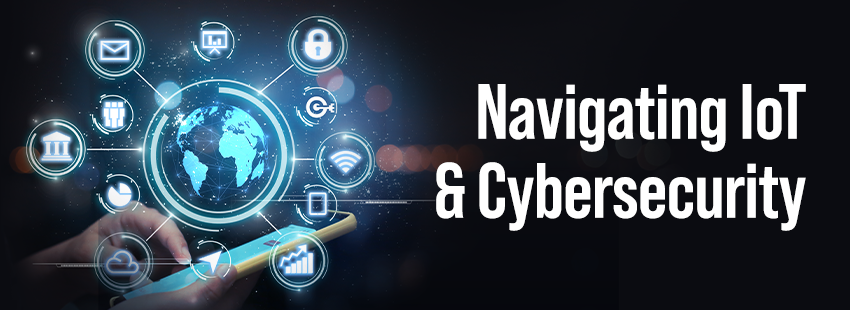The best types of backups for business
As an SMB owner or executive, it’s crucial to ensure that your data and files are backed up on a regular basis. Lost, damaged or breached files can be detrimental to your business, easily costing thousands – or even hundreds of thousands – of dollars. But which backup system should you use? Although there are many different options available today, it seems everyone has their own opinion on which is best. Here are some popular approaches to consider.
Cloud
To many business owners, “The Cloud” is a mythical place that isn’t completely understood. In reality, the Cloud is really just a fancy term for files that are accessed via the internet. With cloud backup, your files are stored remotely on a server hosted by another company, but you have full access to those files via the internet. It’s a great way to make sure your data is protected from any loss that may occur on premises. Cloud storage options may also have security features built-in like encryption so you can rest easy knowing your data is safe from outside threats.
Network Attached Storage (NAS)
Network attached storage (NAS) devices are essentially just hard drives. However, instead of connecting to your computer like a regular hard drive, these handy devices connect directly to your network. Some businesses choose this option because they’re small, portable, and inexpensive. However, you can easily outgrow a NAS solution as your storage needs increase. This means that you’ll need to purchase more and more storage, which may require a significant investment. And, as you don’t know when you’ll need the extra storage, this extra expense can come at any time.
Have multiple backup options
If you’re finding it difficult to choose just one backup option, you’re not alone. In fact, you should seriously consider having more than one backup. Most experts recommend the 3-2-1 approach. Basically, you should have three copies of your files; two locally and one offsite. This is to ensure that if anything happens to your physical business (fire, flood, theft, etc.) and your two local copies of your files are damaged, then the offsite cloud backup would keep your third copy safe from harm. This gives you the flexibility and cost savings of a NAS device with the safety and security of the cloud.
Whichever method(s) you choose, just remember to keep everything updated, secure and test those backups regularly. Otherwise, you could have a bigger problem on your hands.
Conclusion
You can also contact a professional to provide you with options to fit your specific needs but no matter which method(s) you choose, it’s extremely important to keep everything updated and secure. You should also test those backups regularly to make sure they’re running correctly. This will make sure that if something unexpected happens, you won’t be scrambling to find important data or spend a significant amount of time offline.





